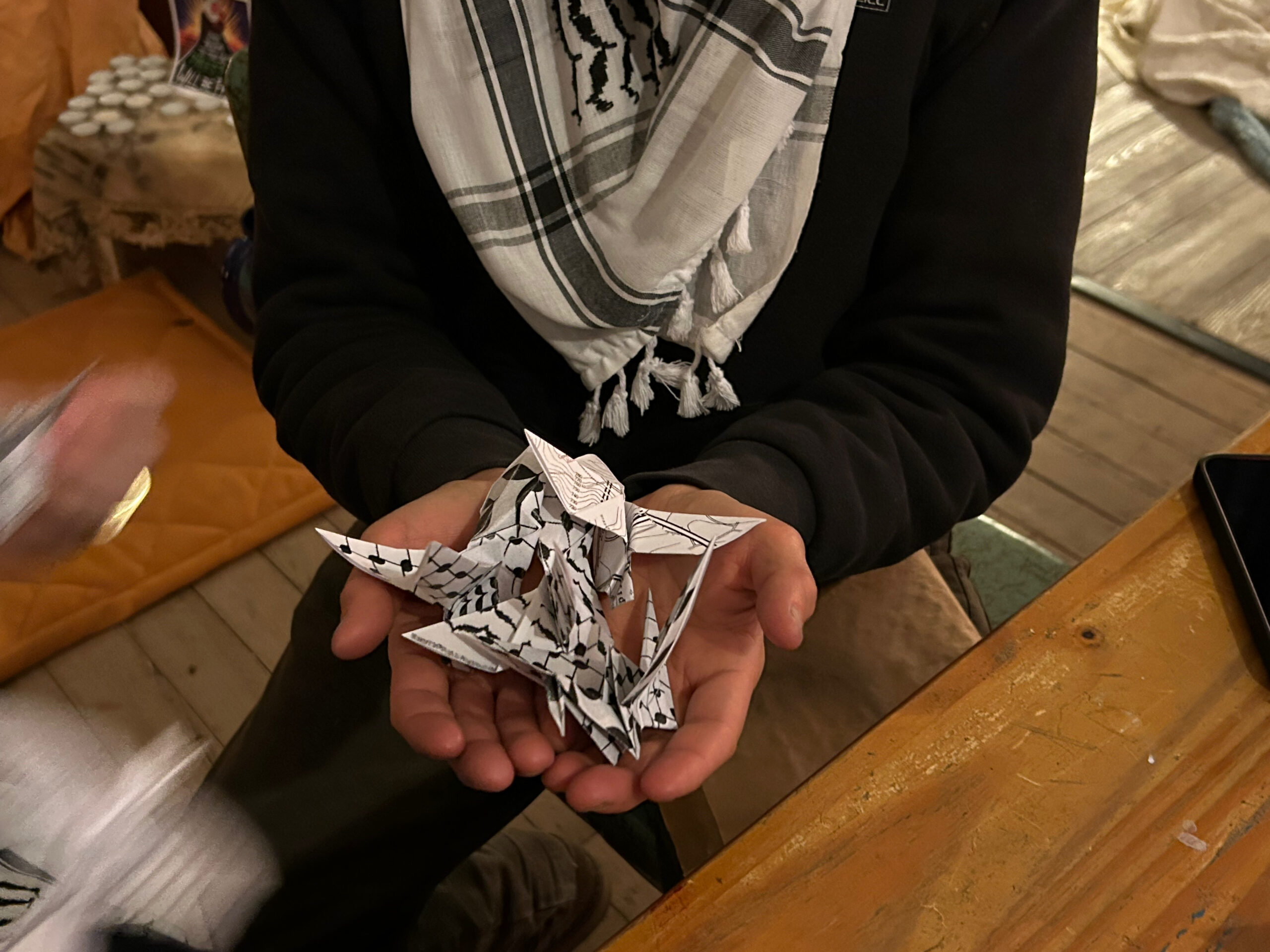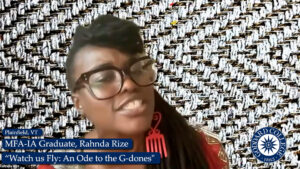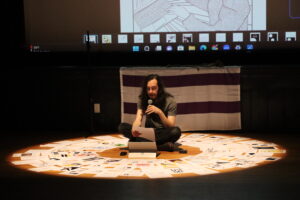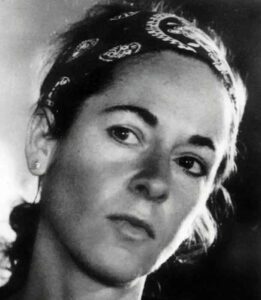 Wanderer was one of the last documented ships to carry an illegal cargo of slaves from Africa to the United States, landing at Jekyll Island, Georgia on November 28, 1858, arriving with some 400 slaves who survived the voyage from Angola. Originally built in New York as a pleasure schooner, The Wanderer was purchased by Southern businessman Charles Augustus Lafayette Lamar and an investment group and used in a conspiracy to import slaves illegally. The Atlantic slave trade had been prohibited under US law since 1808. The federal government prosecuted Lamar and other investors, the captain, and crew in 1860, but failed to win a conviction. Source: Wikipedia.
Wanderer was one of the last documented ships to carry an illegal cargo of slaves from Africa to the United States, landing at Jekyll Island, Georgia on November 28, 1858, arriving with some 400 slaves who survived the voyage from Angola. Originally built in New York as a pleasure schooner, The Wanderer was purchased by Southern businessman Charles Augustus Lafayette Lamar and an investment group and used in a conspiracy to import slaves illegally. The Atlantic slave trade had been prohibited under US law since 1808. The federal government prosecuted Lamar and other investors, the captain, and crew in 1860, but failed to win a conviction. Source: Wikipedia.
I was raised in captivity: inside the only black family in an otherwise all-white rural town in Upstate New York, in the 1960s and 70s. (If a black person appeared on our television, someone in our family would call out, and the rest of us would run to the TV room to see the black, whomever they were, laugh, dance, and sing.)
But there we were, living in the country, on a horse ranch (my father’s hobby, not his work), with our ski trips, and our Schwinn racing bicycles, and our classical music lessons, and our bookcases, and our white friends, neighbors and associates. And our blackness, which, in the white-out world of my youth, especially in the 1970s, seemed like a fashion statement we’d perfected.
Recently, in the house where I grew up, in the room where sits, still, the piano—black, quiet until touched, like an ancestor—I pulled photos album down from the bookcase. It had been decades since I looked at our family pictures.
One of the albums chronicles a single event: my parents’ cruise to the Bahamas, in March 1972, aboard the Queen Elizabeth 2 (QE2). They have had traveled with another couple, their friends Jack and Treeva (white), whose house I longed to live in when I was young—a house of framed pictures of their ghostly white ancestors set at warm angles atop heirloom-furniture mixed in with expensive new; all their possessions cast in a self-referential light that seemed only to grace the homes of white people. And they had an inground swimming pool. We didn’t. My father didn’t like to swim. He didn’t like the water.
And yet, there they were, my mother and father, black people as paying passengers aboard a ship upon the Atlantic, posed and happy in snapshots. One photo captures my mother coming out of the surf, like a black Aphrodite (no—like Yemoja!), in designer sunglasses, wrists cuffed in sterling silver chains, bangle earrings, the sunlight caught in their loops, her revolutionary afro. She wasn’t swimming, no. White people were looking, watching, wondering. My girl was showin’ out.
And my father, photographed in his velvet tux and dark glasses, standing at the end of the ship’s craps table, keeping a smile to himself, “Like the nigger own the place,” he’d have said—probably did—of the image (the irony in his voice shadowed in truth, someone’s truth). In fact, my father returned home from the Atlantic with 2000 dollars he’d won shooting dice, called craps when you’re wearing a tux.
And this is where the ship begins to turn (for home?).
Though he grew up in the North, my father was born in Georgia to Georgia sharecroppers who followed their slow and halting fingers across the pages of Genesis but were quick to read itchy palms, pieces of string, locks of hair, broom-straw, snakeroot, and blood. And so, their son, my father, bound his winnings, his take, in twine and kept it, my mother said, in the toe of a brown sock. Like loot, like plunder, (his amulet now), a dark seed carried in darkness across the water to a land unknown, stowed under the mattress in their cabin on the QE2.







